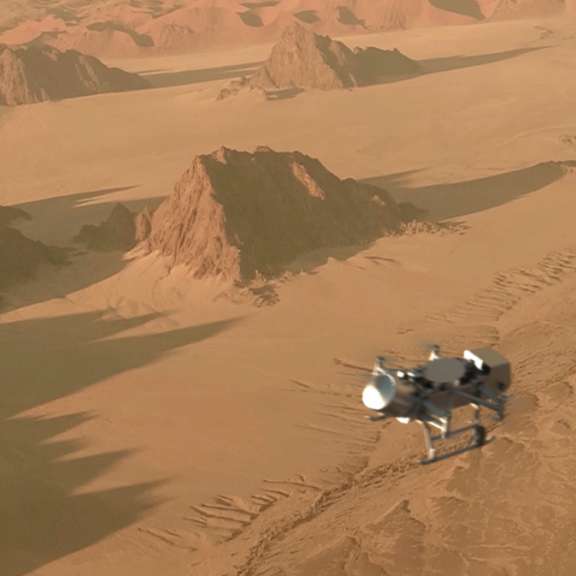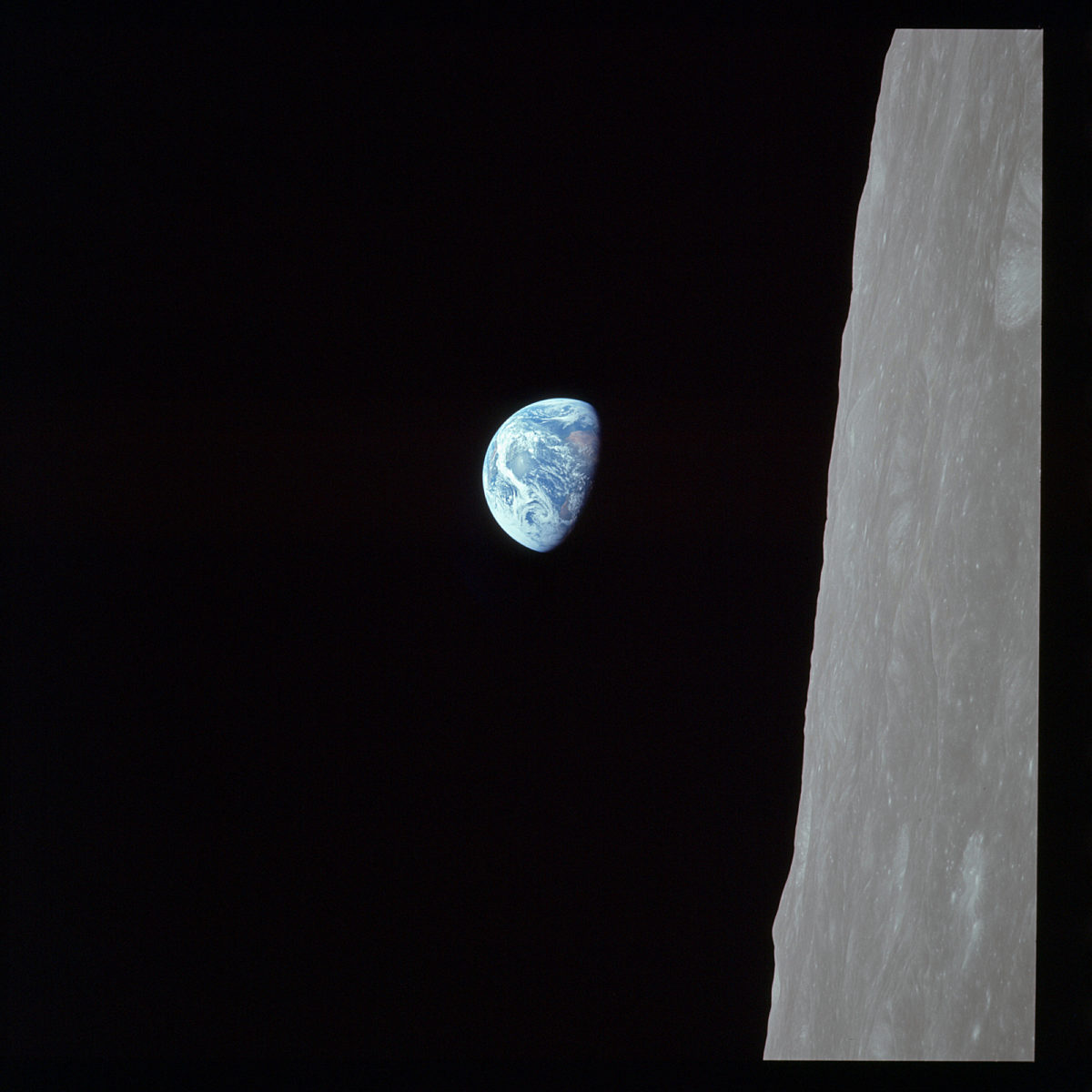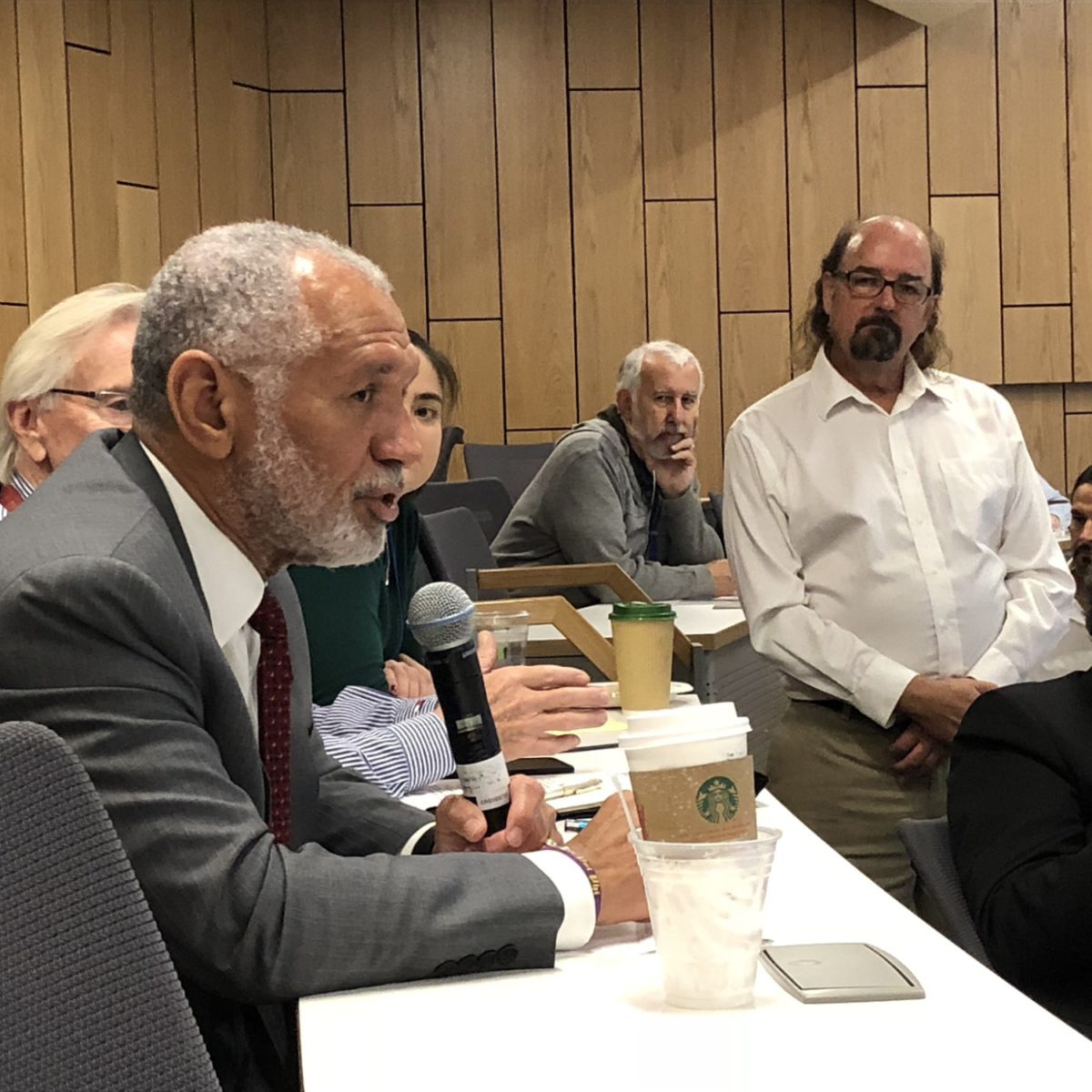Since 2002, Planetary Radio has visited with a scientist, engineer, project manager, advocate, or writer who provides a unique perspective on the quest for knowledge about our Solar System and beyond. The full show archive is available for free.
Search Planetary Radio
Radio telescopes are delivering stunning images that, in some cases, current optical telescopes can’t equal. Witness the 20 beautiful protoplanetary disks imaged by the DSHARP team using the ALMA radio telescope in Chile.
Why did the dinosaurs die? They didn’t have a space program! The upcoming DART mission will test our best thinking about how we may someday deflect a Near Earth Object that is speeding toward fiery Armageddon on Earth. Nancy Chabot of the JHU Applied Physics Lab is the mission’s Coordination Lead.
China's space program notched an impressive "first" last month when its Chang'e 4 spacecraft landed on the far side of the Moon. The U.S. space program, in contrast, was in the midst of an extended shutdown. Some observers expect China's growing space capability and lunar ambitions to trigger a new space race. Not Dr. Roger Handberg, Professor of Political Science at the University of Central Florida. He discusses how the current geopolitical situation differs from the Cold War standoff between two superpowers, and how we shouldn't expect dollars to flow back to the U.S. space program as a consequence of China's space successes. Cooperation, or even friendly competition, is a much more likely outcome than a new space race.
Astrobiology is the discipline that explores the origin of life in the universe, and whether life exists anywhere other than Earth. It’s an increasingly exciting field according to University of Washington Research Associate Michael Wong. Mike reviews the current thinking and provides some of the chemical basis for life as we know it, and possibly as we don’t know it.
Spacecraft OSIRIS REx is now orbiting a 260-meter asteroid named Bennu. Principal investigator Dante Lauretta returns to tell us what has already been learned, and to preview the excitement that is still to come, including the probe’s descent to the surface for collection of a pristine sample.
In a government shutdown seemingly without end, we bring you two stories from individuals directly impacted by the crisis. NASA scientist and union representative Lee Stone discusses the missed paychecks, loss of science, and lasting negative consequences to the public sector scientific workforce.
magine soaring over what may be the solar system’s most Earth-like world, if you ignore the chill. If funded, the nuclear electric-powered Dragonfly will do exactly this. Principal Investigator Elizabeth “Zibi” Turtle shares her enthusiasm.
Join us at the Applied Physics Lab in Maryland for the New Horizons encounter with the most distant object ever visited. You’ll meet mission leaders, friends and even a rock and roll star as we dive deep into this triumph of exploration.
Why do so many spacecraft that are headed across our solar system turn their instruments back to Earth during flybys? OSIRIS-REx was no exception. The answers come from mission scientist Vicky Hamilton
The New Horizons spacecraft will reach faraway Kuiper Belt object 2014 MU69 in the first minutes of 2019. Will the body informally known as Ultima Thule be as mysterious and exciting as Pluto?
This is the 50th anniversary of the most audacious space mission in history. Apollo 8 blazed a path for the first moon landing seven months later, and gave a troubled nation reason for hope and pride.
He led NASA for eight years, but not till he had flown on four Space Shuttle missions and enjoyed a long military career. Charlie Bolden talks with Mat about his time at the space agency and where we’re headed on the final frontier.
Canada was the third country in history to launch a satellite into space, but now lags in its space ambitions, capability, and spending. What happened?
The InSight lander has only just arrived on Mars. Now, OSIRIS REx has reached asteroid Bennu after traveling through deep space for a year and a half.
Join 1,000 anxious yet thrilled space fans at Caltech for our live InSight landing party. You’ll meet Mat Kaplan’s onstage experts and check in with Bill Nye and Emily Lakdawalla at the Jet Propulsion Lab.
NASA announced on November 19th that the multi-billion dollar 2020 Mars rover will land in Jezero crater, where it will begin the search for the signature of past life.
The counting continues as we publish this month’s special episode, with a handful of seats in the US Senate and House still up for grabs. But with the Democratic takeover of the House assured, and several longtime space advocates turned out, change is certainly coming.
You haven’t seen the best pictures from the Apollo era and other great space achievements till you’ve seen them in 3D. Queen guitarist and astrophysicist Brian May is also mad about stereoscopic imagery.
They may be the most important questions in all of science: Where do we come from? Are we alone? Researchers Ralph Pudritz and Maikel Rheinstadter are working on these puzzles with their new Planetary Simulator, possibly edging toward the natural creation of self-replicating molecules.
The Kepler mission has ended. Listen to highlights of the October 30th media briefing that included the father of the fantastically successful planet finder, William Borucki. Then catch the thoughts of Planetary Society editors and commentators Jason Davis and Emily Lakdawalla.


 Explore Worlds
Explore Worlds Find Life
Find Life Defend Earth
Defend Earth





















